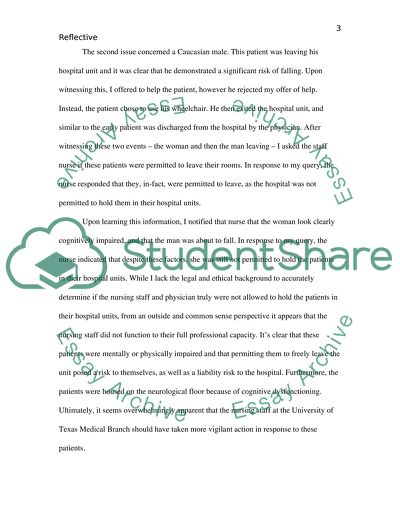Cite this document
(“Clinical Reflective Journal Entry Essay Example | Topics and Well Written Essays - 1500 words”, n.d.)
Retrieved from https://studentshare.org/nursing/1424454-refelective-journal
Retrieved from https://studentshare.org/nursing/1424454-refelective-journal
(Clinical Reflective Journal Entry Essay Example | Topics and Well Written Essays - 1500 Words)
https://studentshare.org/nursing/1424454-refelective-journal.
https://studentshare.org/nursing/1424454-refelective-journal.
“Clinical Reflective Journal Entry Essay Example | Topics and Well Written Essays - 1500 Words”, n.d. https://studentshare.org/nursing/1424454-refelective-journal.


